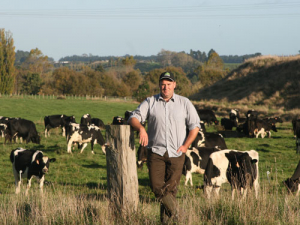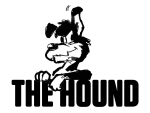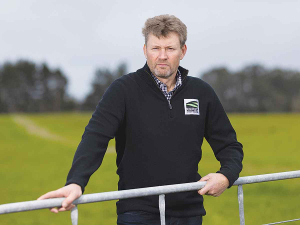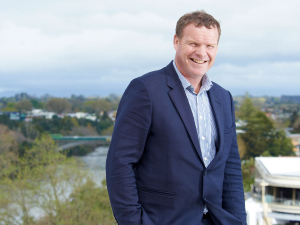Greenie groups who seek to bolster their fundraising campaigns by using dairy farmers as their favourite target need to read the Water Accord report released today.
So says Federated Farmers Dairy chairman Andrew Hoggard.
He says the Sustainable Dairying: Water Accord ‘Three Years On’ report underlines how seriously dairy farmers take their environmental responsibilities.
"None of us are claiming we’re perfect, or that there is no problem with dairy’s impact on waterways. But the latest report shows the strenuous and ongoing efforts the vast majority of dairy farmers are making to lessen their environmental footprint," Hoggard says.
The level of compliance for dairy effluent systems is at its highest ever, at a shade under 95%.
"Non-compliance in some regions is now below 1%. When I first started in Feds only a decade and a bit ago, the non-compliance rate was pushing upwards of 20% in my region. “Getting below 1% is an outstanding effort - and a considerable investment - from farmers to modernise their systems, to make them weather-proof for all kinds of conditions, and often to make them human mistake proof."
Hoggard says fencing of streams by dairy farmers to keep cattle out has also pushed out further - to a total of 26,197km. Some 97% of dairy cattle are now fenced off from waterways on farms.
"Last year’s results showed we had fenced the equivalent of Wellington to London and then on to Chicago; we’ll have now probably pushed past all of Chicago’s suburbs. Or put another way, we could have fenced off the Mexico/US border nine times over."
The year three report also shows there has been a big jump in the number of farmers subscribing to nitrogen information systems to help them farm more responsibly - now 83% of farmers against 56% in year two of the Accord (2013-14). More than 9,500 nutrient budgets were processed last year.
"These results show that the vast majority of farmers are doing their bit on their farms to improve things. We still have a few who need to do more," Hoggard says.
"The individual farmer can control what happens on his or her property, they can’t control the entire catchment."











